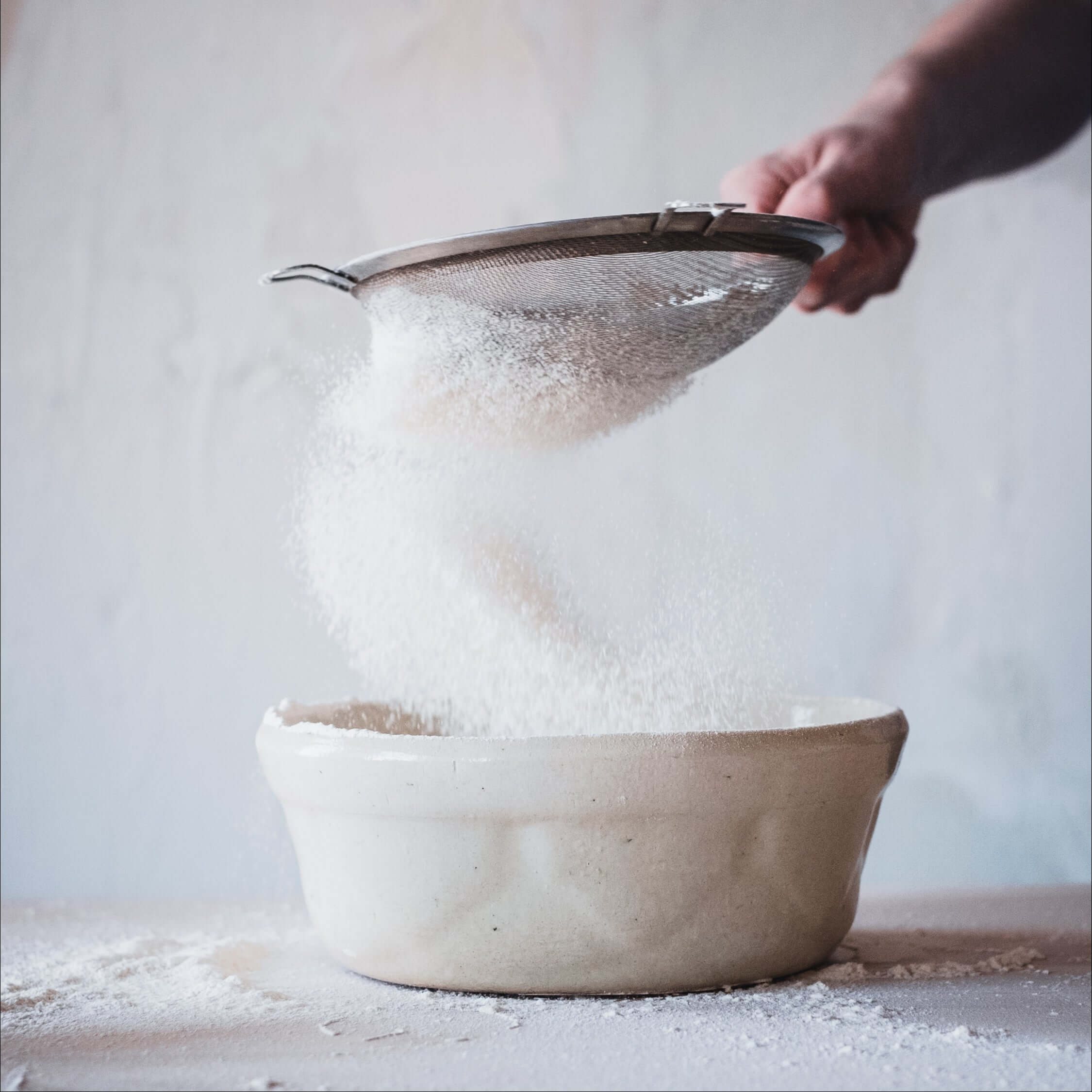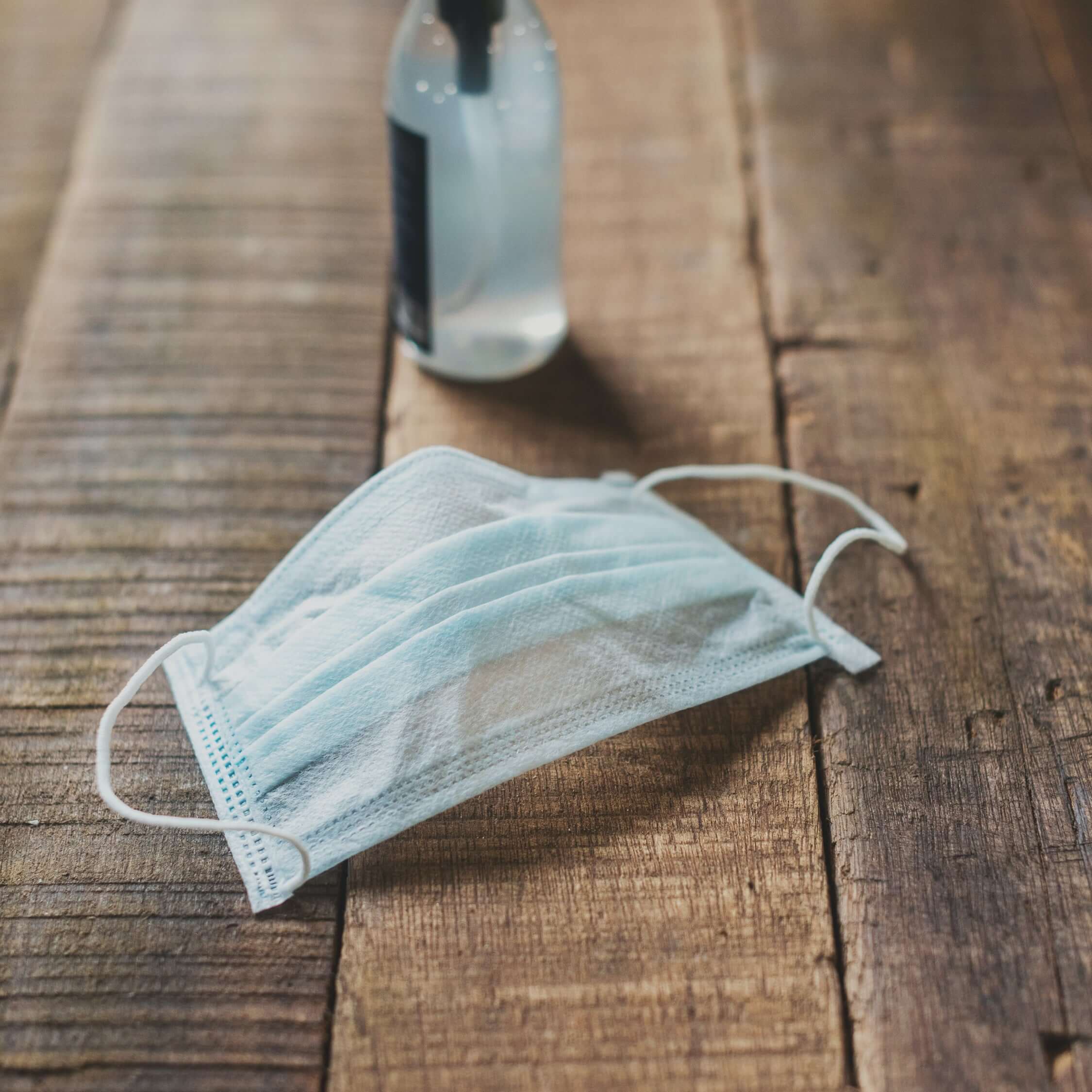Which types of sugar are the healthiest?
I know what you’re thinking, is this a trick question? If you're being asked 'what is the healthiest sugar', then surely no sugar is healthy. Well, in a sense yes that’s true - and you all know how much I love to bang on about the importance for long term health of maintaining a stable blood sugar level, and that comes down to lowering sugar intake generally - but the reality is that sometimes we want to bake something a bit special for a loved one’s birthday, or treat ourselves with something out of the ordinary. On those occasions I think it’s important to have a really good understanding of which types of sugar are the most beneficial.
I think the first thing to point out is that if you’re buying anything that’s processed, e.g. a ‘healthy’ energy bar or something similar, unless the manufacturer is a small company that’s genuinely interested in and passionate about your health, then the likelihood is that they’ll use the cheapest sweetener in order to keep costs down. More often than not that tends to be something like ‘high fructose corn syrup,’ or ‘partially inverted corn syrup.’
So, let’s first discuss sugars to avoid.
Sugars to Avoid
High Fructose Corn Syrup
Inverted syrups (corn, glucose or fructose) are sweeter even than table sugar and foods that use it retain moisture better and crystalise less easily. Don’t be fooled, just because ‘corn’ or ‘fructose’ come originally from natural sources these inverted syrups have zero health benefits and wreak absolute havoc with our blood sugar as it passes into our bloodstream at a faster rate due to its heavy processing. Links have been made between these types of heavily processed sugars and declining liver function, weight gain and high blood pressure.
In nature we find fructose naturally occurring in fruit, where it comes packaged with beneficial nutrients that aid in its breakdown and work to actually slow the release of the sugar contained into the bloodstream: fibre, antioxidants and phytonutrients. The high fibre content in fruit is beneficial for maintaining good gut health too. Crucially, natural fructose doesn’t cost our bodies anything, but when we consume refined high fructose syrups our body has a net loss of nutrients as it has to put a lot in to help break it down.
Agave Syrup
There is so much confusion over Agave and you’ll still see it being used by health brands as a ‘healthy’ type of sugar, but it’s actually highly processed and the chemical extraction process used to create is it nearly as rigorous as the corn refiners used in making high fructose corn syrup from corn starch.
Manufacturers use genetically modified enzymes to convert the glucose and inulin found in the agave plant’s roots into nearly pure fructose (70-90%). As we know, fructose is naturally occurring in fruit but it’s not supposed to be consumed in large amounts as in these refined syrups. Moreover, the specific type of fructose in agave syrup, D-fructose, is not recognised by the body and as such bypasses digestion and goes straight to the liver, raising triglyceride levels and increasing adipose (fat) tissue.
NEW SOUP CLEANSES

A warming, wintery combination of nourishing and soothing soups with detoxifying cold-pressed juices.
Perfect for those days when you just need a bit of extra warmth! Glass bottles, organic ingredients, optimum detox potential!
BUTTERNUT & TURMERIC SOUP: butternut squash, cauliflower, onion, hemp seed, coconut milk, turmeric, olive oil, garlic, black pepper, salt
TOMATO & PEPPERS SOUP: tomato, red pepper, yellow pepper, onion, apple cider vinegar, cucumber, garlic, olive oil, black pepper, salt
SOUPER GREENS SOUP: broccoli, spinach, kale, leek, cauliflower, onion, garlic, olive oil, black pepper, salt
Brown and white table sugar
White sugar used to be mainly made from cane sugar, but these days a lot of it is derived from beet sugar which is nearly always genetically modified. It also often contains glyphosate residue, a pesticide that has been banned in many countries due to its damaging effect on health. Brown sugar, which we generally assume to be better for us, is really just white sugar mixed with molasses, and white sugar can often be bleached to make it crystal white.
Aspartame is 200 times sweeter than sucrose! Like Splenda (sucralose) it’s an artificial sweetener that can induce weight gain and, some researchers have said, can have adverse metabolic effects and a negative impact on our gut microbiome. Splenda has also been linked to migraines and can also be found in things such as mouthwash - not just fizzy drinks. Healthier Sugars
Okay great, onto a slightly less depressing topic - healthier sugar alternatives, and first up:
Blackstrap molasses.
Monk Fruit
Pure monk fruit sweetener is pretty expensive and hard to get hold of, so I’m not going to give it that much air time, but if you can get it it’s a good one to have in the cupboard. It comes from the same family as pumpkin, squash and melon (gourds) and also comes with the added bonus of being calorie free.
Date Sugar
Different to date syrup, date sugar is made by grinding up dates into a fine powder. Because of this it still contains all of the beneficial fibre from the original date which helps slow down the sugar absorption into the bloodstream. Dates are also a good source of antioxidants, magnesium, potassium, and selenium. Date syrup, readily available in health food stores, is made by heating the dates with water, blending the mixture together and then straining it through a fine sieve. As such, it contains less of the beneficial fibre but it’s easier to use in hot drinks as date sugar doesn’t dissolve particularly well.
Coconut Sugar
Made from the sap of flower buds from the coconut plant (you might be familiar with coconut blossom nectar, that’s the same thing just in a liquid form). Coconut sugar is one of the most sustainable sugars out there as it’s regenerative to the soil it’s grown in, uses very little water and produces more sugar per acre than sugar cane. You can use it as a like for like replacement for regular sugar in cooking and it adds a nice caramel-y flavour too.
So there you have it, a quick round up of some different types of sugar to give you options and more control over your health when picking what to use, consume and buy.
@gracekingswell
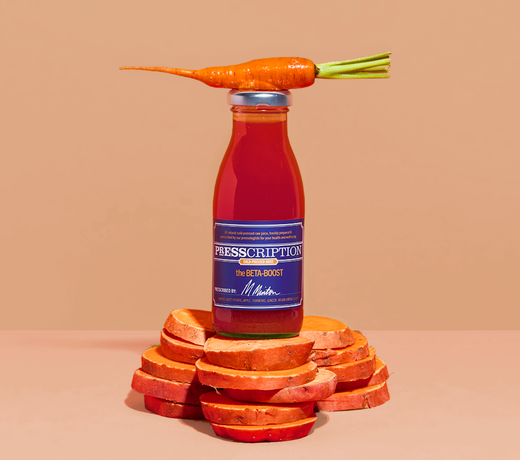 Why Presscription?
Why Presscription?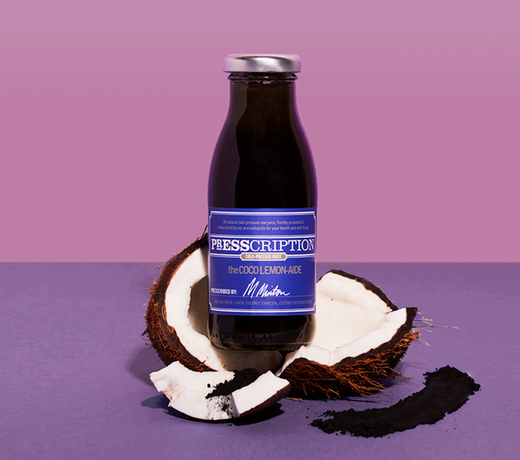 Why Cleanse?
Why Cleanse?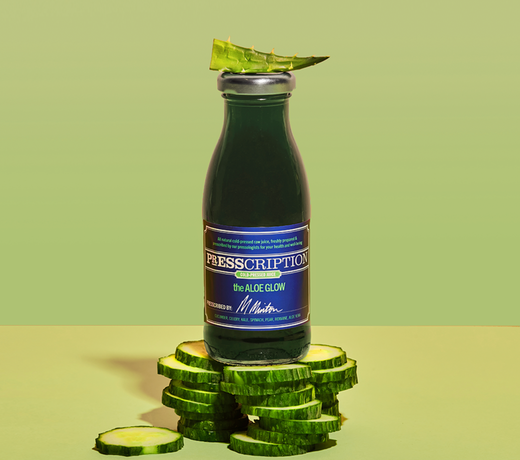 Cleansing Tips
Cleansing Tips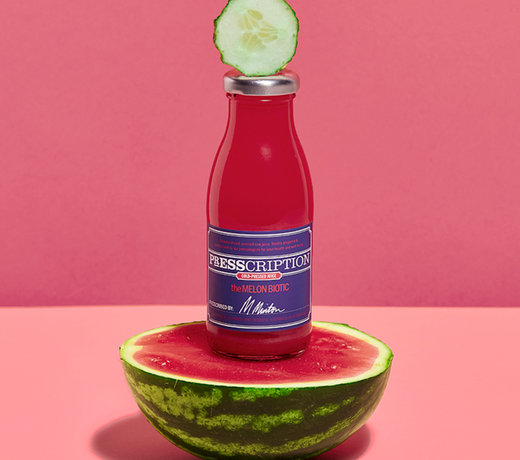 What's Pressing?
What's Pressing?